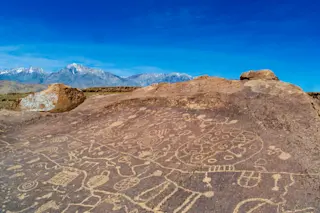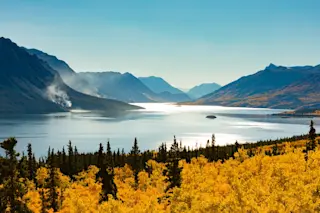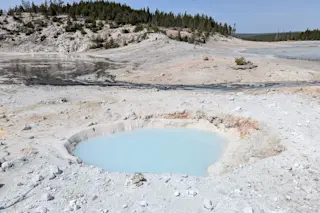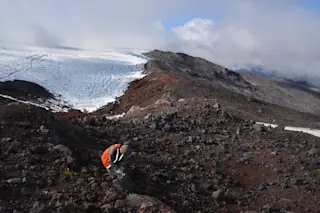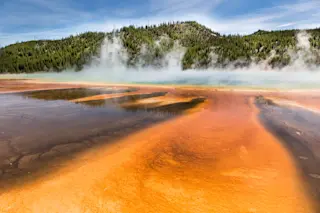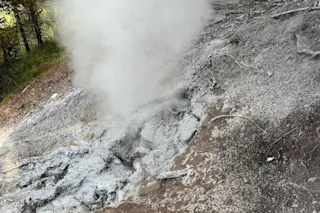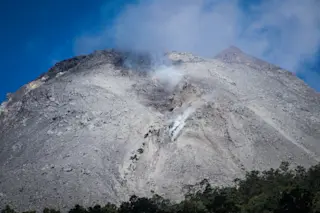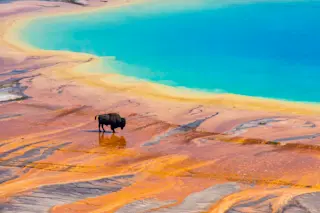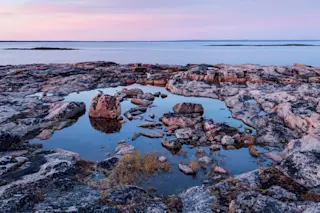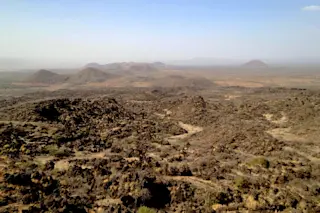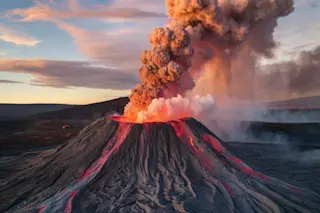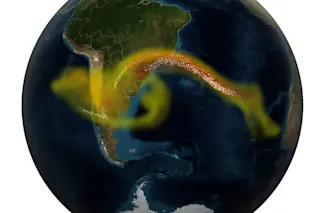Let's get things straight. I love science! I'm a scientist and my research involves both fieldwork and labwork. There is the tendency for the general public to think that the Earth Sciences are only field-based, but that's not true at all. That being said, the disciplines within the Earth Sciences were born out of field explorations to observe, measure and sample the rocks of the planet.
So, when I say this, I say it coming from a practioner within the Earth Sciences. When you are a scientist doing fieldwork, you do not have free reign to do whatever you want "in the name of science." Your research agenda does not supercede everything else, even if you really, really want that sample.
When scientists like psychologists and biologists work with living creatures, they must get permissions to make sure they are treating their subjects ethically. The same level of rigor for ...


